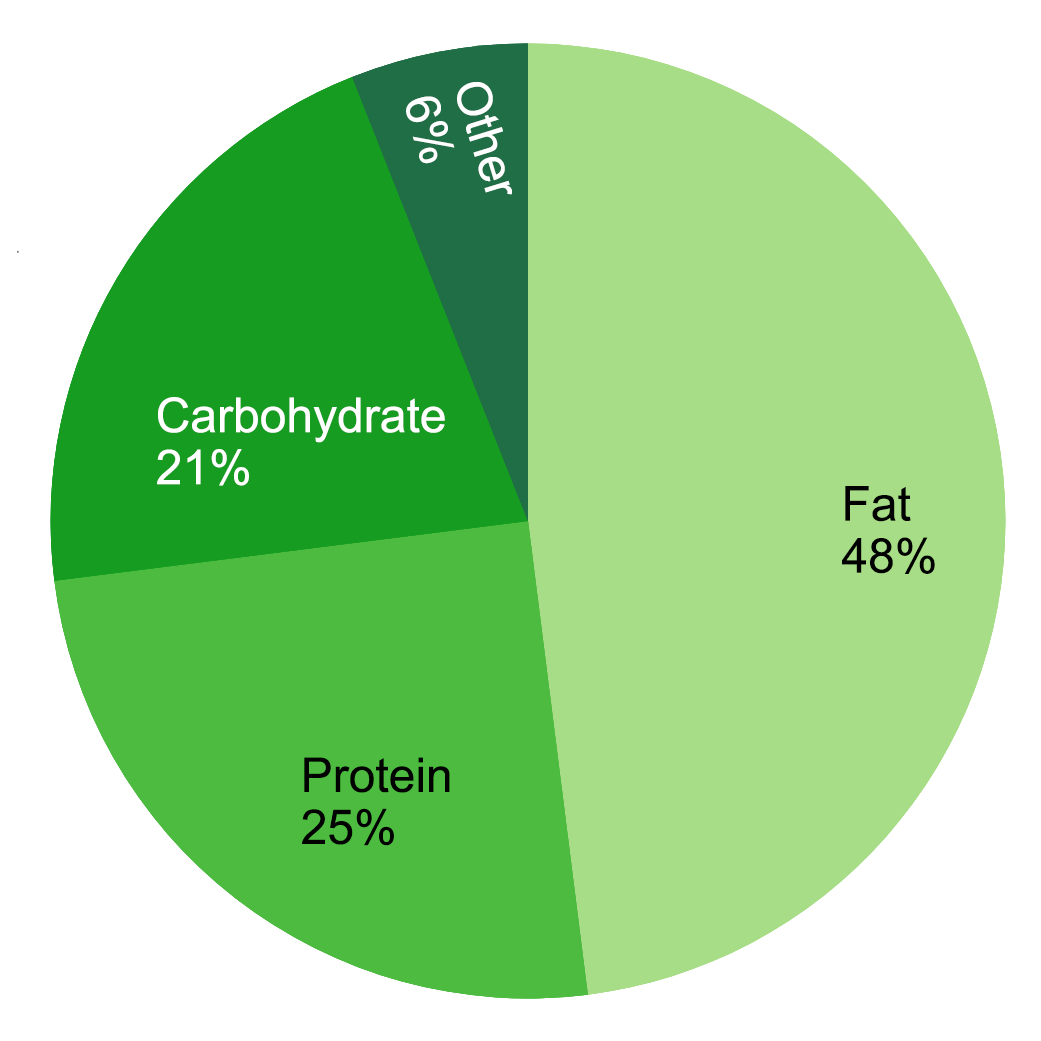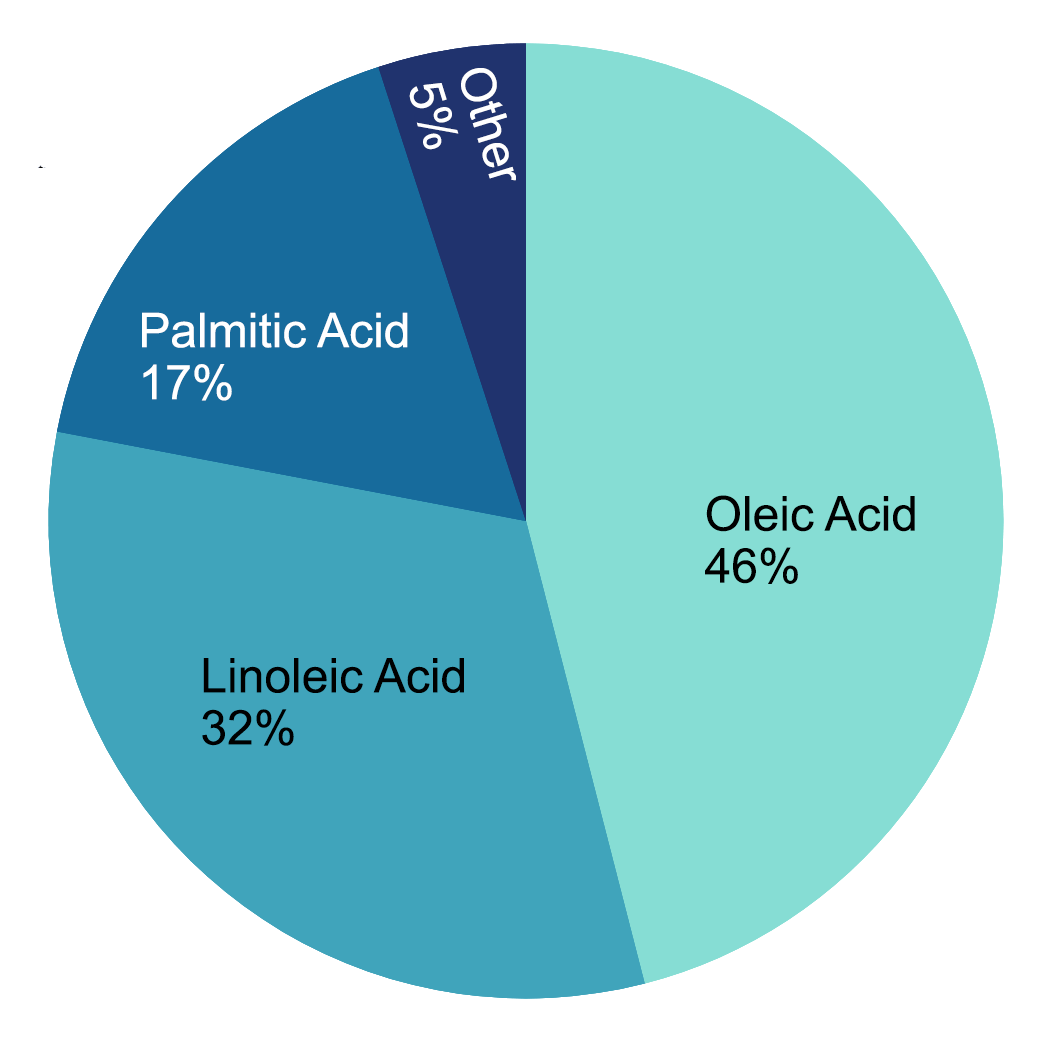The spectrum of nutrients in raw peanuts is not beneficial for health …
What Are Peanuts?
First of all, what actually are peanuts or, as they are called in the USA, groundnuts? The plant is a legume which fixes nitrogen, so is beneficial to the soil, but unlike any other legume, produces its pods underground.
The pollinated yellow flower produces a peg from the ovary at its base down in the soil. And this is where the seeds are produced, in a protective, hard shell. This is why it is also called a groundnut in USA.
Because the seeds in the pod are hard, like a tree nut, these “peas” in the pod are colloquially known as nuts. So the term peanut is accurately descriptive of this unique plant.
Peanuts Are Packed With Nutrients … But
Peanuts are packed with nutrients, but sadly they suffer a couple of serious problems. Namely
- excess omega 6 and
- the tendency to be contaminated with the carcinogenic mycotoxin and aflatoxin,
which make them a bad choice for us and our pets.
Accidentally eating a few peanuts is unlikely to cause harm, unless you or your dog are actually allergic to peanuts, an increasingly common situation.
The nutritional values of the raw peanut, the Valentia variety most commonly grown and therefore most studied, are:
48% fat, 25% protein, 21% carbohydrate.
The fats comprise:


Fat Breakdown Of A peanut
Oleic Acid
46% oleic acid, a MUFA (mono unsaturated fatty acid), is an omega 9 fatty acid most commonly provided by olive oil, but also found in nuts, seeds and avocados. It is not regarded as essential in the diet because is also made by the body itself, as it is an important component in cell membranes.
Linoleic Acid
32% linoleic acid, a PUFA (poly unsaturated fatty acid), an omega 6 fatty acid, which forms part of cell membranes and the building blocks for numerous hormones, including the pro-inflammatory prostaglandins. It is regarded as an essential fatty acid (EFA) because it is not manufactured by the body and must be obtained in the diet.
Palmitic Acid
17% palmitic acid and other saturated fatty acids.
Peanuts are rich in fats. Fats are oxidized when cooked and turned into free radicals. Consuming free radicals adds to the already excessive oxidative stress we and our pets are exposed to.
What Peanuts Lack
Lacking omega 3, the anti-inflammatory EFA, makes peanuts less desirable as a food source because they are more likely to increase inflammation, blood clotting and constriction of blood vessels, thus contributing to CVD and numerous disease processes.
Humans and our pets already consume far too much omega 6 which is more readily available in commonly consumed foods.
To counter the excesses of omega 6 in our bodies, we need to be focusing on foods that are rich in omega 3 EFA. This will help to reduce inflammation, blood clotting and the constriction of blood vessels, thus reducing CVD and many other diseases of modern living.
Sources of omega 3 EFAs include chia seeds, flax seeds (linseed), walnuts and blue green algae like E3 Live.
Fish are also a source of omega 3, but as the seas become more and more polluted, I do not advocate the consumption of fish or fish oils at all. You see, toxins are stored in fat (oils), so by consuming fish or fish oils, you are inadvertently taking in excessive amounts of toxins.
Cooked Versus Raw Peanuts
As we have seen above, the spectrum of nutrients in raw peanuts is not beneficial for health.
Cooking exacerbates this as it destroys the nutrients in all foods. Worse than that, it denatures them, so the body is likely to recognize them as alien and reject them.
Peanuts are rich in fats. Fats are oxidized by cooking, a process that converts them into free radicals. Consuming free radicals adds to the already excessive oxidative stress we and our pets are exposed to.
Worse than that, peanuts are often roasted in fat and salt. Those roasting fats are also oxidized into free radicals. And the chemically created sodium chloride, masquerading as salt, worsens our dehydrated, chemically laden bodies’ health status!
It’s really a shame, as roasted peanuts are a tasty snack, but the health consequences are dire!

